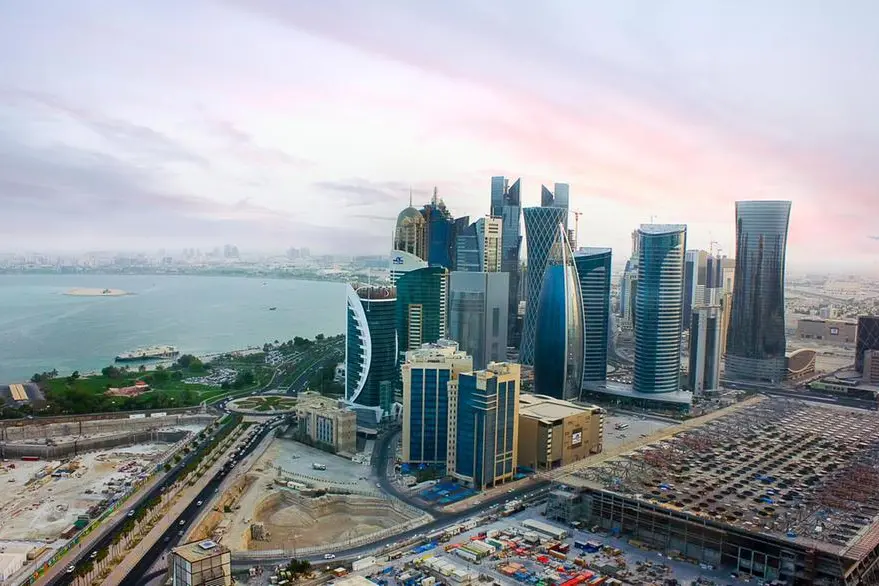PHOTO
DUBAI - Qatar has introduced tougher measures to protect labourers from heat stress as the Gulf Arab state's human rights record comes under renewed focus ahead of hosting the 2022 soccer World Cup.
New regulations issued on Wednesday, the latest in a series of labour reforms, extended a ban on outdoor work during the peak heat season and made annual health checks mandatory.
The outdoor work ban was increased by one hour to run from 10 a.m. to 3:30 p.m. from June 1 until mid-September, which also extends the previous duration by several weeks.
All work must stop if the temperature in a workplace rises above 32.1 degrees Celsius at any time.
The International Labour Organization (ILO) welcomed the move as an example of evidence-based policy making.
"With climate change negatively impacting workers worldwide, we should expect more countries to adopt heat stress legislation in the near future," Sharon Barrow, General Secretary of the International Trade Union Confederation, was quoted as saying in the ILO statement.
In March players from Germany, Norway and the Netherlands wore shirts before their World Cup qualifiers voicing concern over human rights in Qatar after Britain's Guardian newspaper said its calculations showed at least 6,500 migrant workers had died in Qatar since it won hosting rights 10 years ago.
Doha has said the reported deaths were within the expected range for the size and demographics of the population of the workers concerned, and that the mortality rate had consistently declined since 2010 due to health and safety reforms.
Qatar last year raised the minimum wage by 25% to 1,000 riyals ($275) a month and scrapped a requirement for workers to obtain permission from their employers to change jobs.
(Reporting by Ghaida Ghantous; Editing by Giles Elgood) ((ghaida.ghantous@thomsonreuters.com;))





















